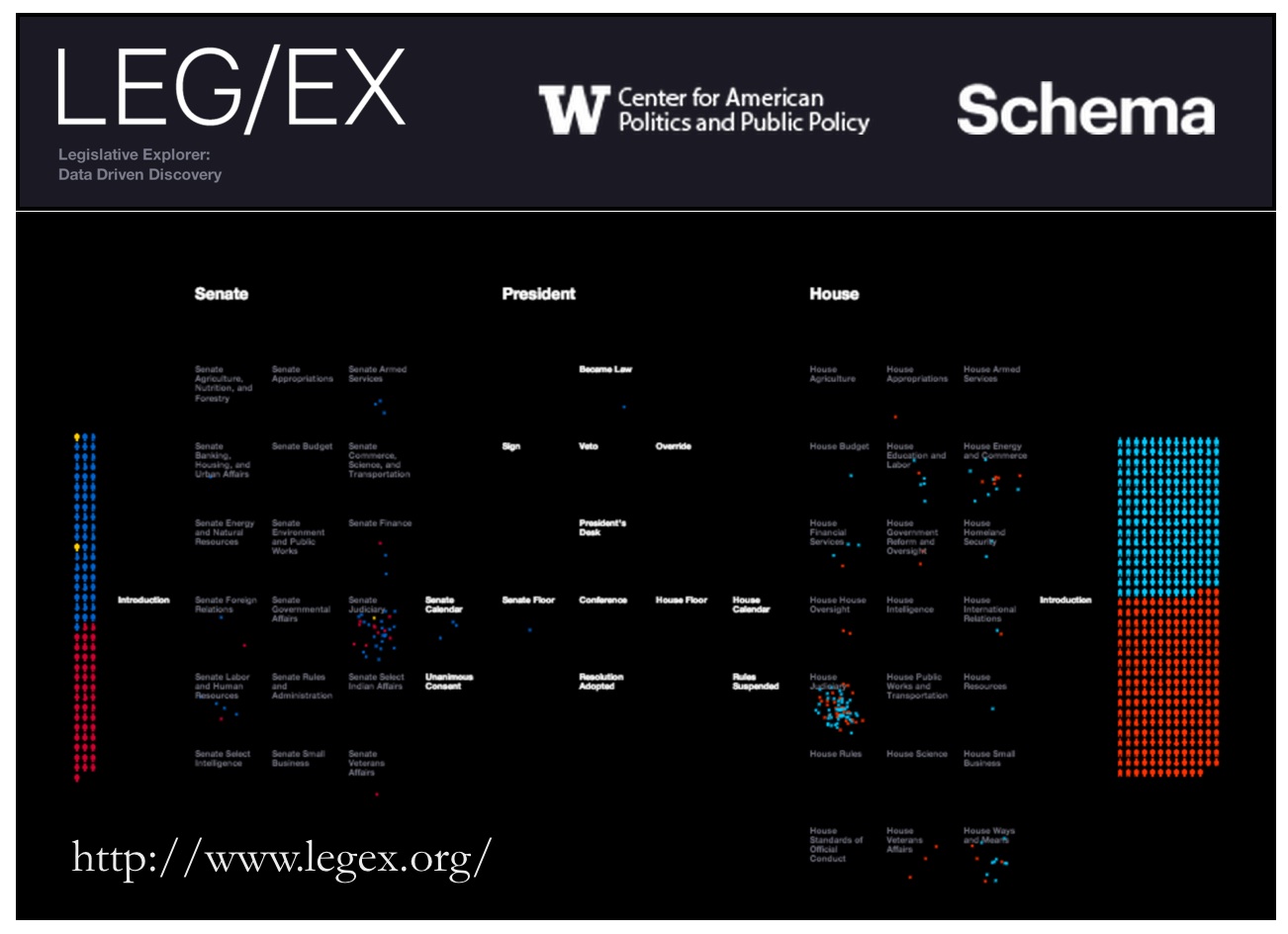Itai Gurari – Judicata: Law + Fact from ReInvent Law Channel on Vimeo.
The 15th International Conference on Artificial Intelligence and Law (ICAIL 2015) will be held at the University of San Diego School of Law from Monday, June 8 to Friday, June 12, 2015.
Artificial Intelligence and Law is a vibrant research field that focuses on:
Since it began in 1987, the ICAIL conference has been established as the primary international conference addressing research in Artificial Intelligence and Law. It is organized biennially under the auspices of the International Association for Artificial Intelligence and Law (IAAIL). The conference proceedings are published by ACM. The journal Artificial Intelligence and Lawregularly publishes expanded versions of selected ICAIL papers.
The field serves as an excellent setting for AI researchers to demonstrate the application of their work in a rich, real-world domain. The conference also serves as a venue for researchers to showcase their work on the theoretical foundations of computational models of law. Accordingly, authors are invited to submit papers on a broad spectrum of research topics that include, but are not restricted to:
ICAIL is keen to broaden its scope to include topics of growing importance in artificial intelligence research. Therefore, papers are invited on the following featured categories:
Papers will be assessed in a rigorous reviewing procedure. Standard assessment criteria for research papers will apply to all submissions (relevance, originality, significance, technical quality, evaluation, presentation). Papers proposing formal or computational models should provide examples and/or simulations that show the models’ applicability to a realistic legal problem or domain. Papers on applications should describe clearly the underlying motivations, the techniques employed, and the current state of both implementation and evaluation. All papers should make clear their relation to prior work.
Local Committee:
Richard Belew, University of California, San Diego
Karl Gruben, University of San Diego School of Law
Daniel Katz, Michigan State University College of Law
Ted Sichelman, University of San Diego School of Law
Thomas Smith, University of San Diego School of Law
Roland Vogl, Stanford Law School
Program Chair
Katie Atkinson
Department of Computer Science,
University of Liverpool, UK
Conference Chair(s)
Ted Sichelman
University of San Diego School of Law
Richard Belew
Cognitive Science Department,
University of California – San Diego
Secretary/Treasurer
Anne Gardner
Atherton, CA, USA
For More Information – Access the Full Call for Papers
Mike and I have been on this beat for quite a while and are happy to see this getting coverage. The basic proposition is that dashboards, histograms, network visualization, etc. allow the end user to more effectively identify the relevant data/information. Here are a few examples of work we have undertaken:
3D Hi-Def Visualization of the Structure in the Citation Network of the United States Supreme Court
Legal Language Explorer (Visualizing the n-gram space)
More resources are located on this post at Legal Informatics Blog.
 Lets face it – legal systems are complex. They are complex for the sophisticated players and even more complex for the average citizen. Complexity is the problem and the question which has been at the center of some of our recent work (see here) is how best to mediate that complexity.
Lets face it – legal systems are complex. They are complex for the sophisticated players and even more complex for the average citizen. Complexity is the problem and the question which has been at the center of some of our recent work (see here) is how best to mediate that complexity.
For long periods of time, clients and legal stakeholders have dealt with complexity by allocating human capital to the problem. However, there are other tools/methods that might be employed to mediate legal complexity.
Reducing legal complexity is a question of information engineering and it is a question of design. Legal systems need a user interface such as the one displayed above. They need UI/UX. This is a major thrust of behind design thinking for lawyers and this is will be a major thrust of work (undertaken by lawyers and non-lawyers) over the coming years. Stay tuned!
(HT: Robert Richards, Ted Sichelman for flagging this project)